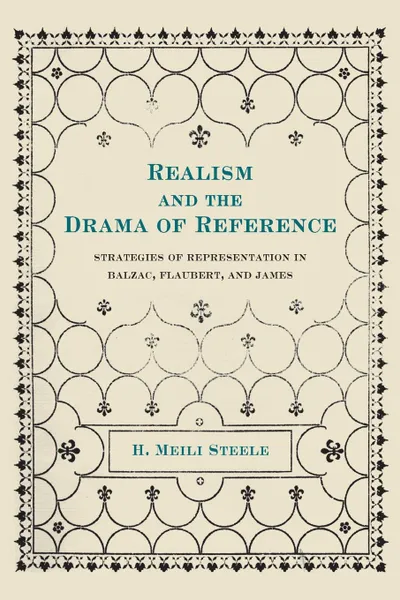Realism and the Drama of Reference. Strategies of Representation in Balzac, Flaubert, and James 14+
Автор: H. Meili Steele
1988
170 страниц
Категория: Литература на иностранных языках
ISBN: 9780271061870
Язык: Английский
Где найти книгу?
📒 This book brings the problem of reference-how language discloses the world-into contemporary critical debates about representation, and explores the potential of reference in the work of three authors in the realistic tradition: Balzac, Flaubert, and James. By defining realism in terms of linguistic practices instead of representational accuracy, this study liberates reference from traditional realist concerns with the empirical universe. Realism thus becomes only one kind of referential practice.
The analysis takes up one text by each author-Balzac's Les Illusions perdues, Flaubert's L'Education sentimentale, and James's The Golden Bowl-and considers each with regard to four problems of the realistic novel: the creation of physical and cultural space; the speech of the characters and the relationship of their speech to what the text suggests knowledge to be; the narrator's authority and his interventions; and the representation of the protagonist's experience. By mapping the representational strategies of these three major authors in the history of the novel, this study calls for a reconsideration of the ways in which all novels represent their worlds.
This work will appeal to scholars, students, and general readers who have an interest in the novel, the individual authors, or literary theory.
The analysis takes up one text by each author-Balzac's Les Illusions perdues, Flaubert's L'Education sentimentale, and James's The Golden Bowl-and considers each with regard to four problems of the realistic novel: the creation of physical and cultural space; the speech of the characters and the relationship of their speech to what the text suggests knowledge to be; the narrator's authority and his interventions; and the representation of the protagonist's experience. By mapping the representational strategies of these three major authors in the history of the novel, this study calls for a reconsideration of the ways in which all novels represent their worlds.
This work will appeal to scholars, students, and general readers who have an interest in the novel, the individual authors, or literary theory.
Мнения
